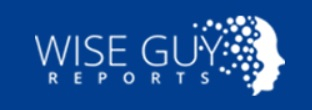The Global Monoclonal Antibody Drugs for Cancer Market Research Report provides a comprehensive analysis of the market, segmented by therapeutic applications including solid tumors, hematological malignancies, and immunotherapy combinations.
It also examines target specificity, focusing on key markers such as CD20, CD3, CD19, PD-1, CTLA-4, and VEGF.
The report evaluates the approval status of these drugs, categorizing them as approved, in clinical development, or in preclinical stages.
Additionally, it offers regional insights across North America, Europe, South America, Asia Pacific, and the Middle East and Africa, with forecasts extending to 2032.
The Monoclonal Antibody Drugs for Cancer Market was valued at approximately $263.14 billion in 2023. It is projected to grow from $289.58 billion in 2024 to $622.8 billion by 2032.
The compound annual growth rate (CAGR) for the market is anticipated to be around 10.05% during the forecast period from 2025 to 2032.
Ask for Free Sample: https://www.wiseguyreports.com/sample-request?id=624284
Market Trends
The monoclonal antibody drugs for cancer market is witnessing a surge in the development of bispecific antibodies and antibody-drug conjugates, which enhance targeting and efficacy. Additionally, the integration of personalized medicine and companion diagnostics is gaining traction, allowing for more tailored treatment approaches.
Market Drivers
A key driver of the market is the increasing prevalence of various cancer types, leading to a growing demand for effective therapies. Furthermore, ongoing advancements in biotechnology and research are accelerating the development of innovative monoclonal antibodies, improving treatment outcomes.
Market Restraints
High development costs and lengthy approval processes for monoclonal antibodies pose significant challenges to market growth. Additionally, potential adverse effects and the complexity of treatment regimens may deter patient adherence and acceptance.
Key Companies in the Monoclonal Antibody Drugs For Cancer Market Include:
Eli Lilly and Company
Celgene
Johnson Johnson
Samsung Biologics
Roche
Takeda Pharmaceutical Company
AstraZeneca
AbbVie
Biogen
Gilead Sciences
Amgen
Novartis
Pfizer
Merck Co.
BristolMyers Squibb
Market Scope
The market for monoclonal antibody drugs for cancer is expanding significantly, driven by the rise of biosimilars, which offer cost-effective alternatives to branded therapies.
The incorporation of personalized medicine and immunotherapy combinations is reshaping treatment strategies, enhancing efficacy for individual patient profiles.
Additionally, advancements in gene-editing technologies are paving the way for innovative therapeutic options, while targeted drug delivery systems are improving precision and minimizing side effects. This multifaceted growth trajectory presents a dynamic landscape for stakeholders in the cancer treatment sector.
Browse Premium Research insights: https://www.wiseguyreports.com/reports/monoclonal-antibody-drugs-for-cancer-market
Monoclonal Antibody Drugs For Cancer Market Segmentation Insights
Monoclonal Antibody Drugs For Cancer Market Therapeutic Application Outlook
Solid Tumors
Hematological Malignancies
Immunotherapy Combinations
Other Therapeutic Applications
Monoclonal Antibody Drugs For Cancer Market Target Specificity Outlook
CD20
CD3
CD19
PD-1
CTLA-4
VEGF
Monoclonal Antibody Drugs For Cancer Market Approval Status Outlook
Approved
In Clinical Development
Preclinical Development
Monoclonal Antibody Drugs For Cancer Market Regional Outlook
North America
Europe
South America
Asia Pacific
Middle East and Africa
Strategic Recommendations
To capitalize on the growing monoclonal antibody drugs for cancer market, companies should invest in research and development to innovate and diversify their product portfolios, focusing on personalized and combination therapies.
Collaborating with academic institutions and biotechnology firms can enhance access to cutting-edge technologies and expertise.
Additionally, adopting strategic partnerships and alliances can help navigate regulatory complexities and expand market reach, while targeting emerging markets may offer new growth opportunities.
Finally, a robust marketing strategy emphasizing the benefits of these therapies will be essential to educate healthcare providers and patients alike.
Other Related Reports:
Obstetrics And Gynecology Drugs Market: https://www.wiseguyreports.com/reports/obstetrics-and-gynecology-drugs-market
Non Pvc Medical Film Market: https://www.wiseguyreports.com/reports/non-pvc-medical-film-market
Micro Vortex Mixer Market: https://www.wiseguyreports.com/reports/micro-vortex-mixer-market
Medical Device High Level Disinfection Service Market: https://www.wiseguyreports.com/reports/medical-device-high-level-disinfection-service-market
Mortuary Facility Market: https://www.wiseguyreports.com/reports/mortuary-facility-market
Ngs Kits Market: https://www.wiseguyreports.com/reports/ngs-kits-market
Meridian Analyzer Market: https://www.wiseguyreports.com/reports/meridian-analyzer-market
Medical Mortar And Pestle Market: https://www.wiseguyreports.com/reports/medical-mortar-and-pestle-market
Neptune System Market: https://www.wiseguyreports.com/reports/neptune-system-market
Methylcobalamin Mecobalamin Market: https://www.wiseguyreports.com/reports/methylcobalamin-mecobalamin-market



